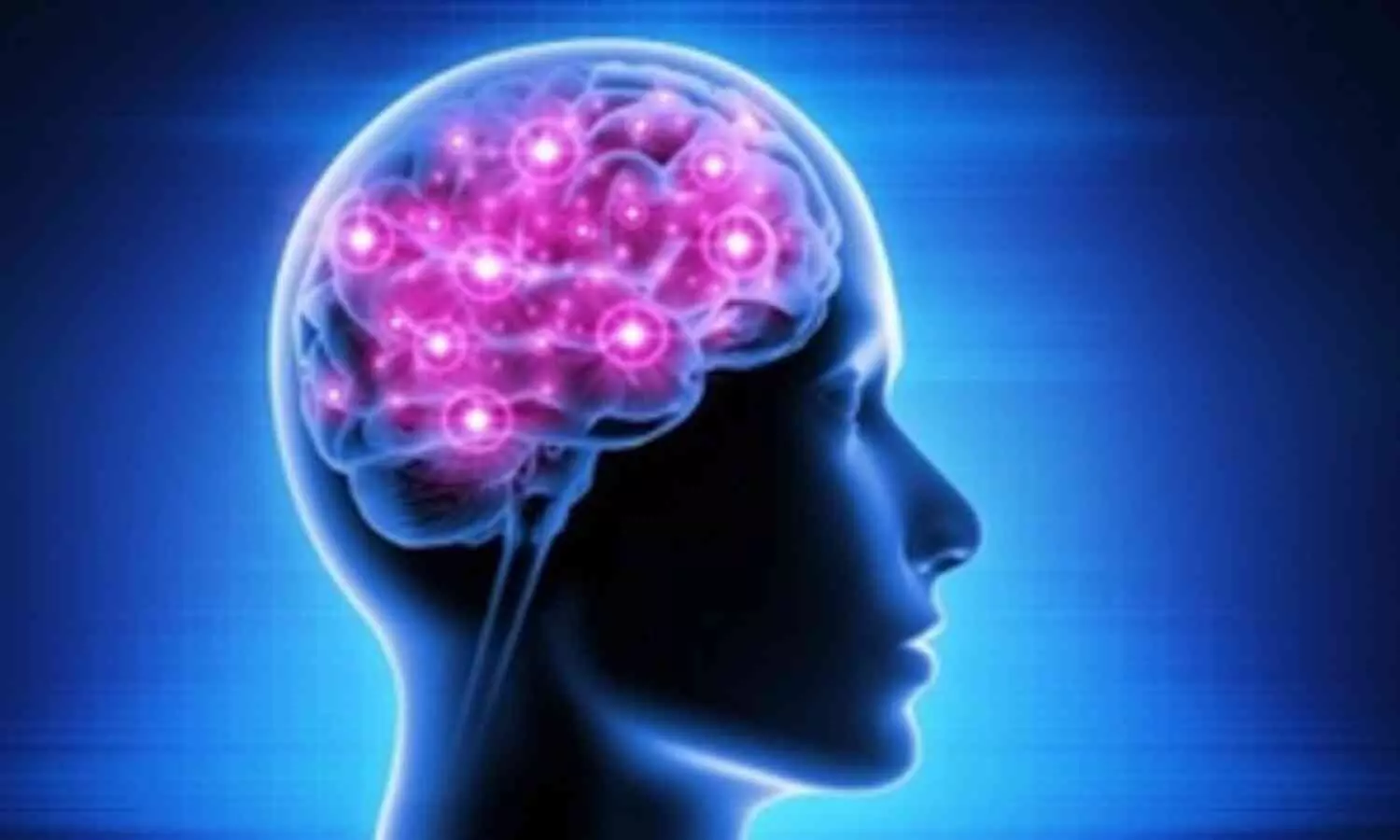AI Voice Analysis Enables Early Detection of Parkinson’s Disease

New Delhi: Artificial intelligence (AI) algorithms capable of detecting subtle changes in a person’s voice are emerging as a diagnostic tool for Parkinson’s disease, according to a recent study.
Parkinson’s disease, a neurodegenerative disorder, currently impacts over 8.5 million people globally. Its incidence has doubled over the past 25 years, contributing to more than 330,000 annual deaths. Despite this, traditional diagnostic approaches remain slow and complex, often delaying early detection and treatment.
Researchers from Iraq and Australia conducted a review of advancements in AI techniques for Parkinson’s detection, presenting their findings at the Fifth Scientific Conference for Electrical Engineering Techniques Research in Baghdad. They concluded that AI-based voice analysis could revolutionize early diagnosis and remote monitoring of the disease.
Speech impairments are among the earliest signs of Parkinson’s, the fastest-growing neurological condition worldwide. These changes include subtle variations in pitch, articulation, and rhythm, caused by reduced control over vocal muscles.
“Vocal changes are early indicators of Parkinson’s disease, and by analyzing acoustic features, AI models can identify disease-related patterns long before visible symptoms emerge,” explained Ali Al-Naji, a medical instrumentation engineer at Middle Technical University in Baghdad.
AI tools leverage machine learning and deep learning algorithms to analyze simple voice recordings from Parkinson’s patients and healthy individuals. These algorithms extract key features such as pitch, speech distortions, and vowel changes, categorizing them with remarkable accuracy—up to 99% in some studies.
The findings highlight AI’s potential to enhance early diagnosis, which can significantly improve quality of life and slow symptom progression. Early intervention is particularly crucial since there is currently no cure for Parkinson’s disease.
In addition to early detection, AI-powered tools could play a critical role in patient monitoring. “AI may also help monitor patients remotely, reducing the need for frequent in-person visits,” noted Al-Naji.
However, researchers emphasized the need for further studies involving larger and more diverse populations to validate the technology’s effectiveness on a global scale.
As Parkinson’s continues to pose a growing public health challenge, AI-based voice analysis offers a glimpse of a future where early, accurate diagnosis and remote management of neurodegenerative disorders become more accessible and efficient. This innovative approach could mark a transformative step in the battle against Parkinson’s disease.


